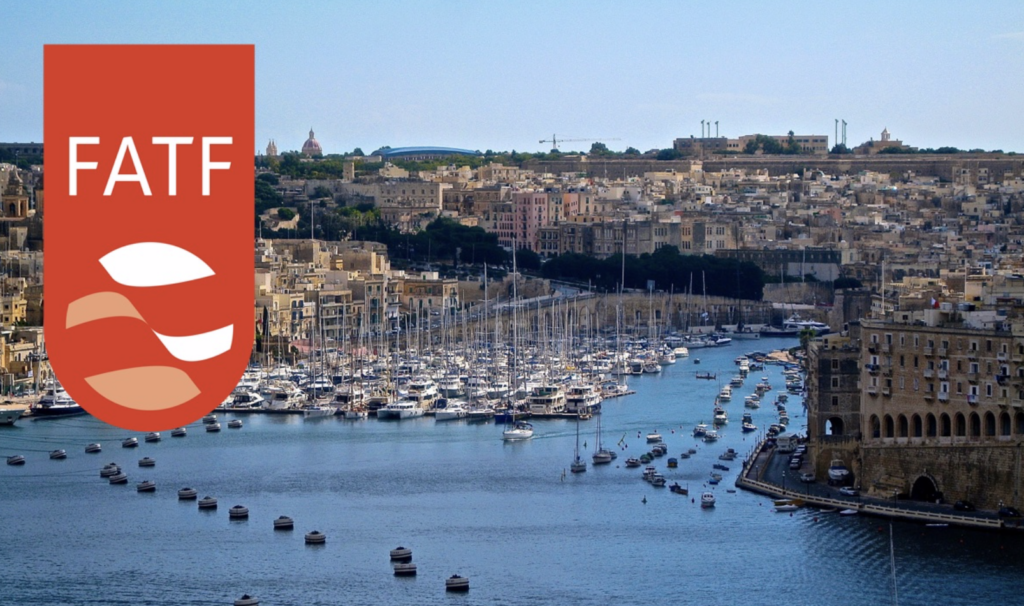Results of the Financial Action Task Force (FATF) vote could have negative consequences on Malta’s financial services and banking sectors.
Years of Criticism
There have been rumors swirling around since last week, after it emerged that the UK, U.S. and Germany wanted Malta to be greylisted. So, after years of international criticism of Maltese policy making, the FATF finally decided enough is enough.
Reports of national passports sales as well as Malta’s lack of legal action against government officials mentioned in the Panama Papers as having set up secret offshore companies, all contributed to the decision.
An Untrustworthy Jurisdiction
Finally the hardcore Paris-based intergovernmental Financial Action Task Force, agreed to put Malta on the grey list. Being on the list means you are considered an untrustworthy jurisdiction and that the country will now face increased monitoring.
 In an attempt to sway the votes in their favor, Malta senior government figures including Finance Minister Clyde Caruana and Foreign Affairs Minister Evarist Bartolo spent the past few days lobbying against a vote.
In an attempt to sway the votes in their favor, Malta senior government figures including Finance Minister Clyde Caruana and Foreign Affairs Minister Evarist Bartolo spent the past few days lobbying against a vote.
Despite their efforts, they fell short and did not manage to gather enough support to avoid being placed on the list.
An Action Plan to Be Put in Place
Once greylisted, the country is given an action plan which it must adhere to within a specific timeframe to be taken off.
The decision-making body of the FATF consists of 37 member countries and 2 member organizations. The FATF takes its decisions by consensus. Representatives from observer organizations and associate members also take part in discussions, representing a global network of 205 jurisdictions.
An Unjust Decision
Malta Prime Minister Robert Abela said on Wednesday, that this decision could seriously damage the island’s economy. As an example, Iceland was placed on the grey list for a year in 2019 and said later that the economic effect had been “significant.”
“While I consider this decision unjust, we will continue the reform process because we are acting with conviction and believe in good governance,” said Abela.
He continued: “We remain committed to making whatever reforms are needed while preserving the national interest. We will never be uncooperative or obstructive but will intensify our resolve to fight money laundering and the financing of international terrorism”.
Possible Revenge at EU-Level
As expected, Malta Finance Minister Clyde Caruana Caruana was not happy about the news and insisted that his country would do everything in its power to protect its interests.
According to sources, this could even include Malta using its veto powers at EU-level against countries who failed to back it at the FATF.
Leave a Reply